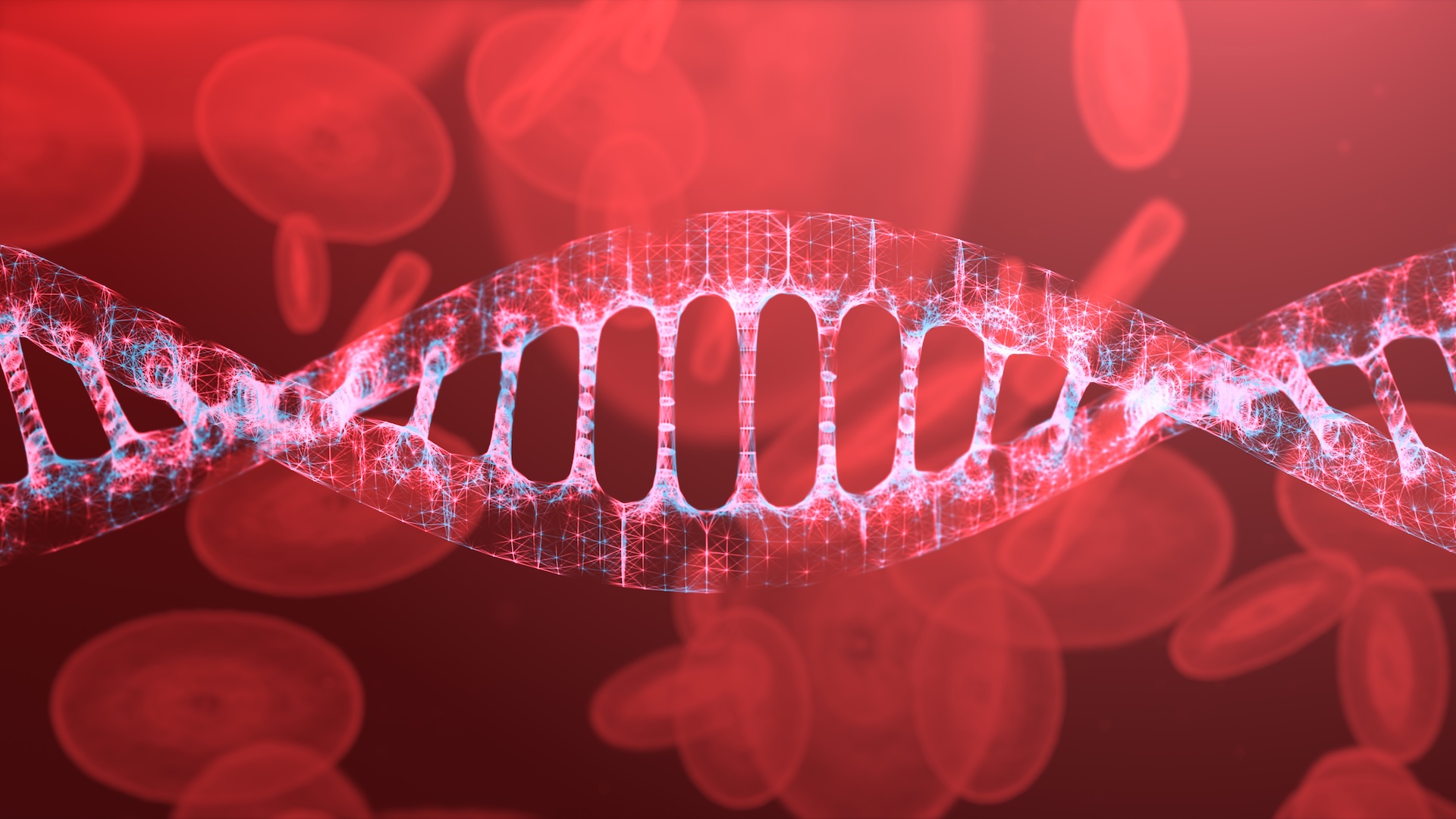
Chemotherapy can make healthy blood cells 'look old'
Researchers have identified ways in which chemotherapy can damage healthy cells and found that some drugs can add decades of "age" to otherwise normal blood cells.


Discover the research changing our understanding of the world
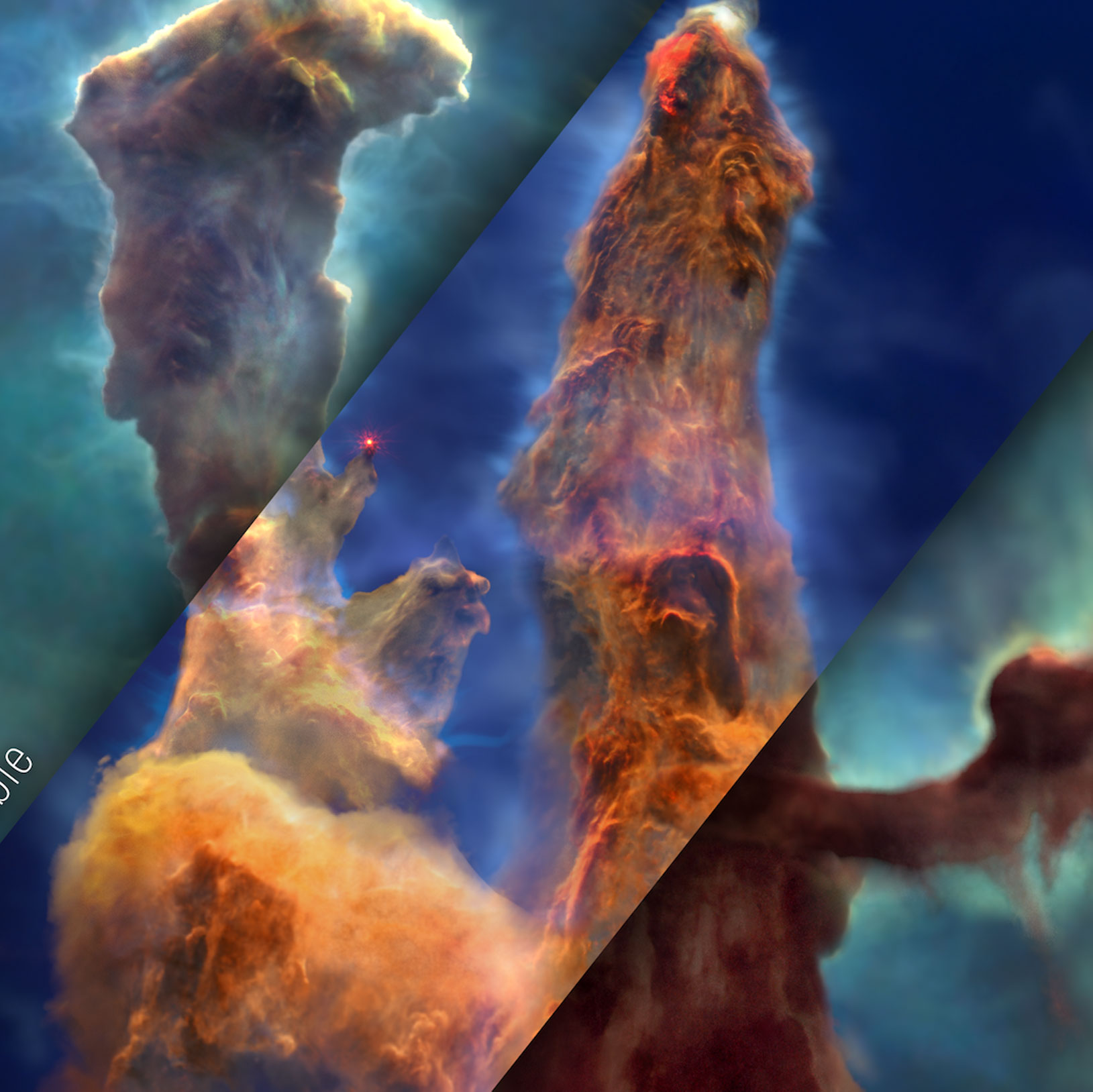
Extraordinary images of our sublime universe

Science questions, answered
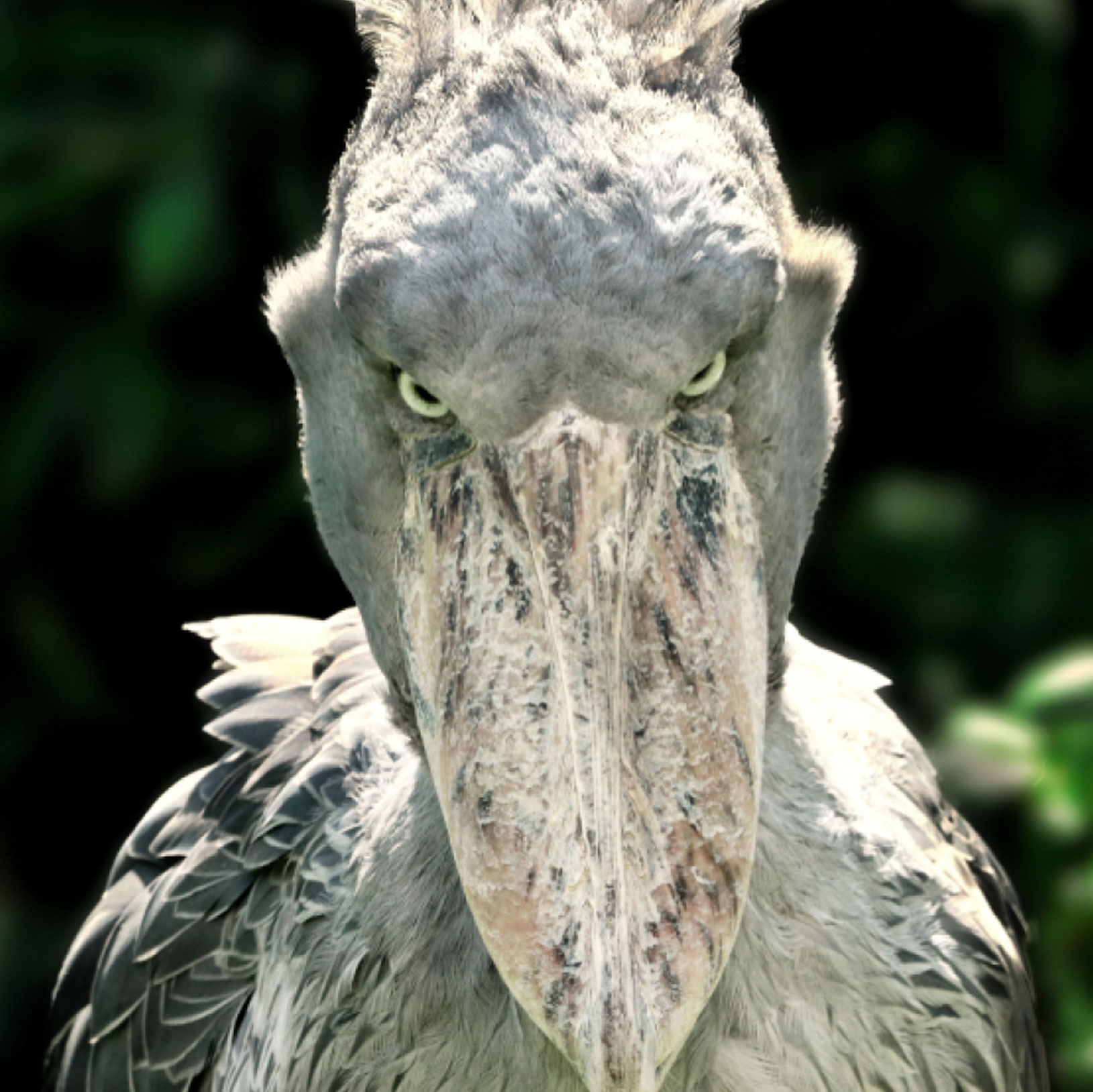
A look at the weird and wonderful species that live on our planet

Test your knowledge of everything from space to nature

Unusual case reports from the medical literature

A window onto extraordinary landscapes on Earth
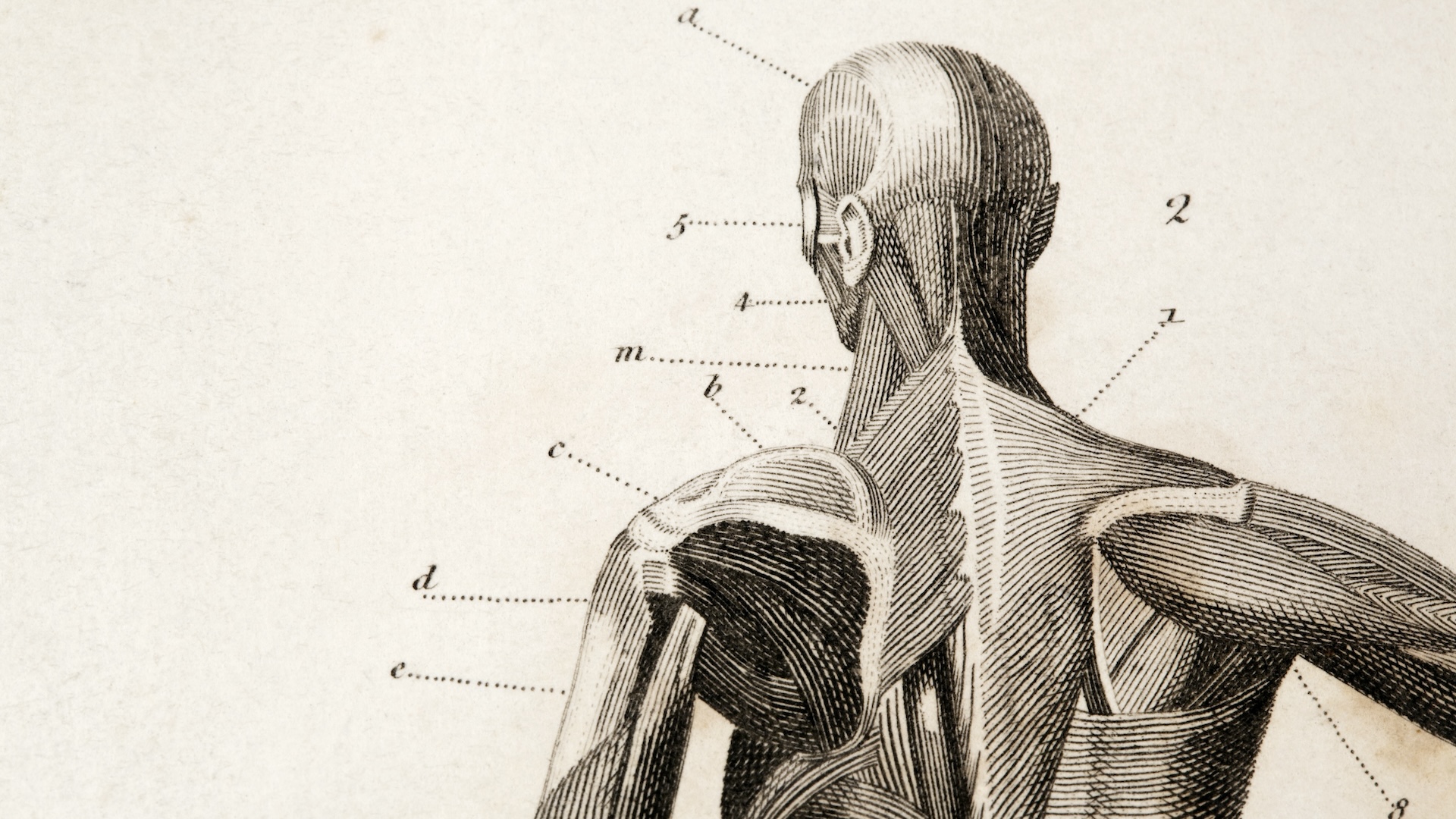
Medical conditions you may never have heard of before
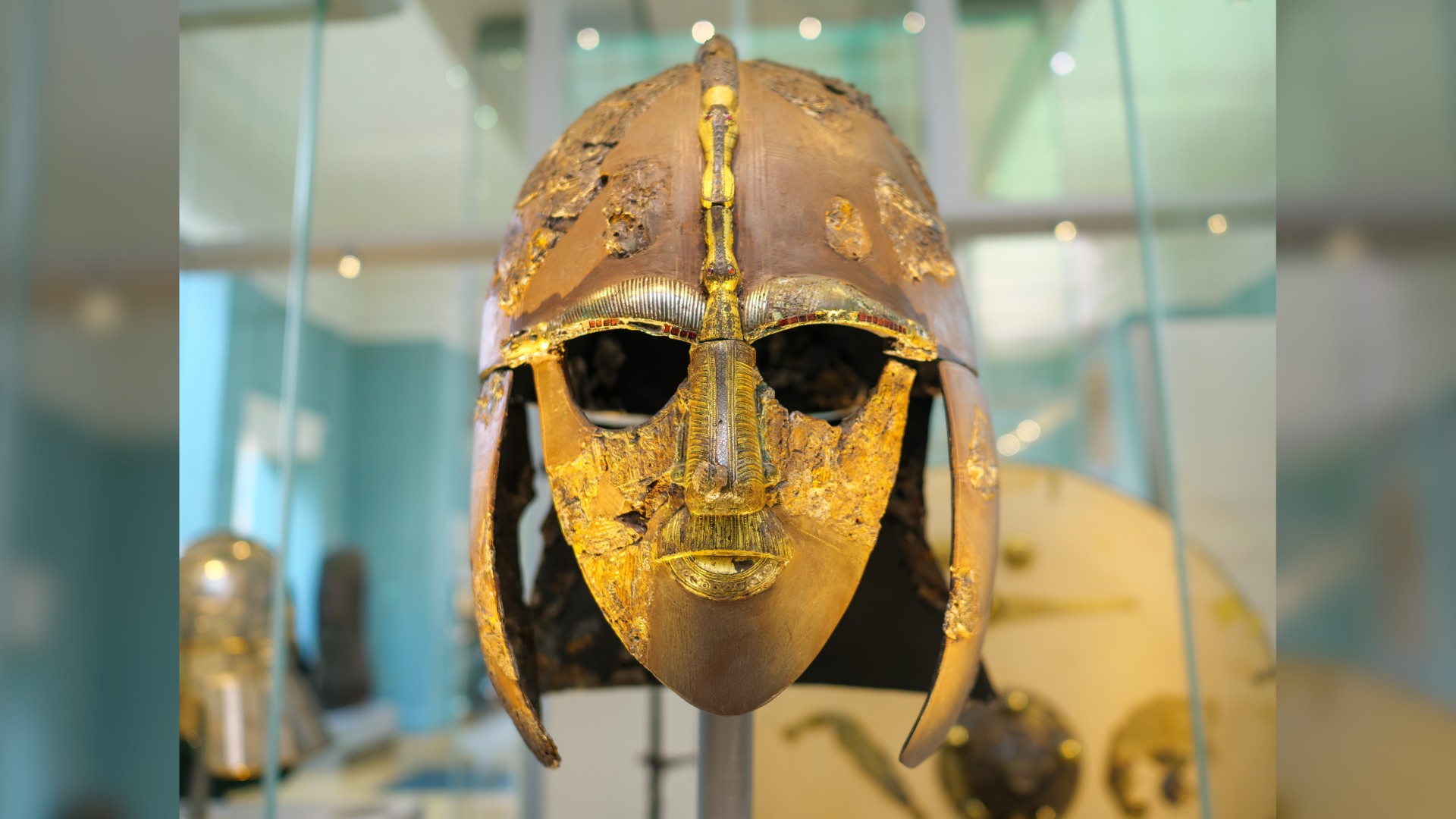
A glimpse into how people lived in the past

Incredible images of our planet from above

Our roundup the biggest discoveries and top science in the news each week

By Tantse Walter last updated
Buying guides These are the best air purifiers for pets, from Levoit Vital 200S and AirDoctor AD3500 to SwitchBot Table Air Purifier.
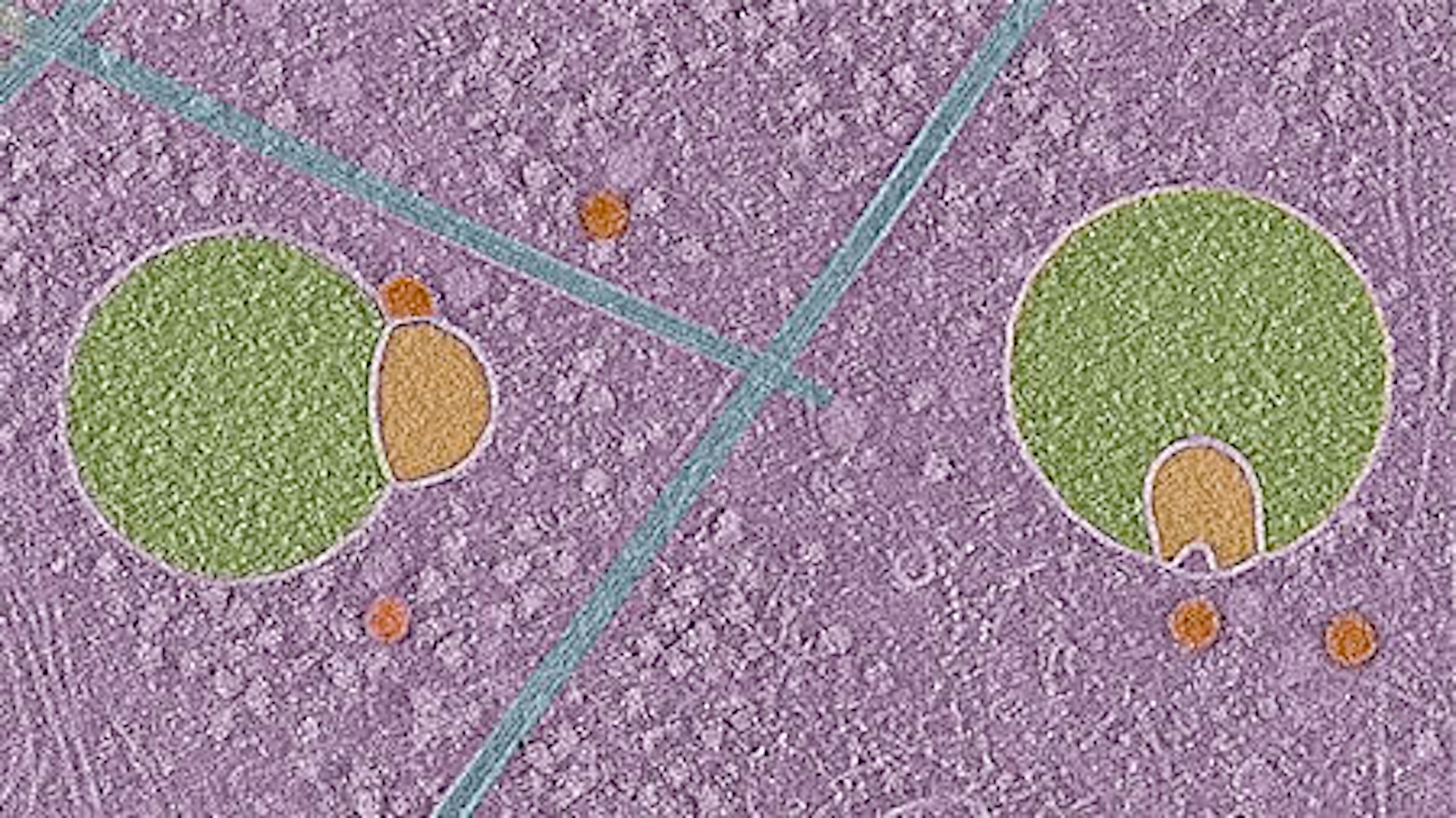
By Christoph Schwaiger published
Scientists say they captured 3D images of a new organelle they're calling a "hemifusome," which may be a recycling center in human cells.

By Kamal Nahas published
Free-floating DNA carrying cancerous mutations was detected in blood three years before any other signs of cancer appeared. If approved as a test, doctors might detect cancers sooner and treat them before they spread.
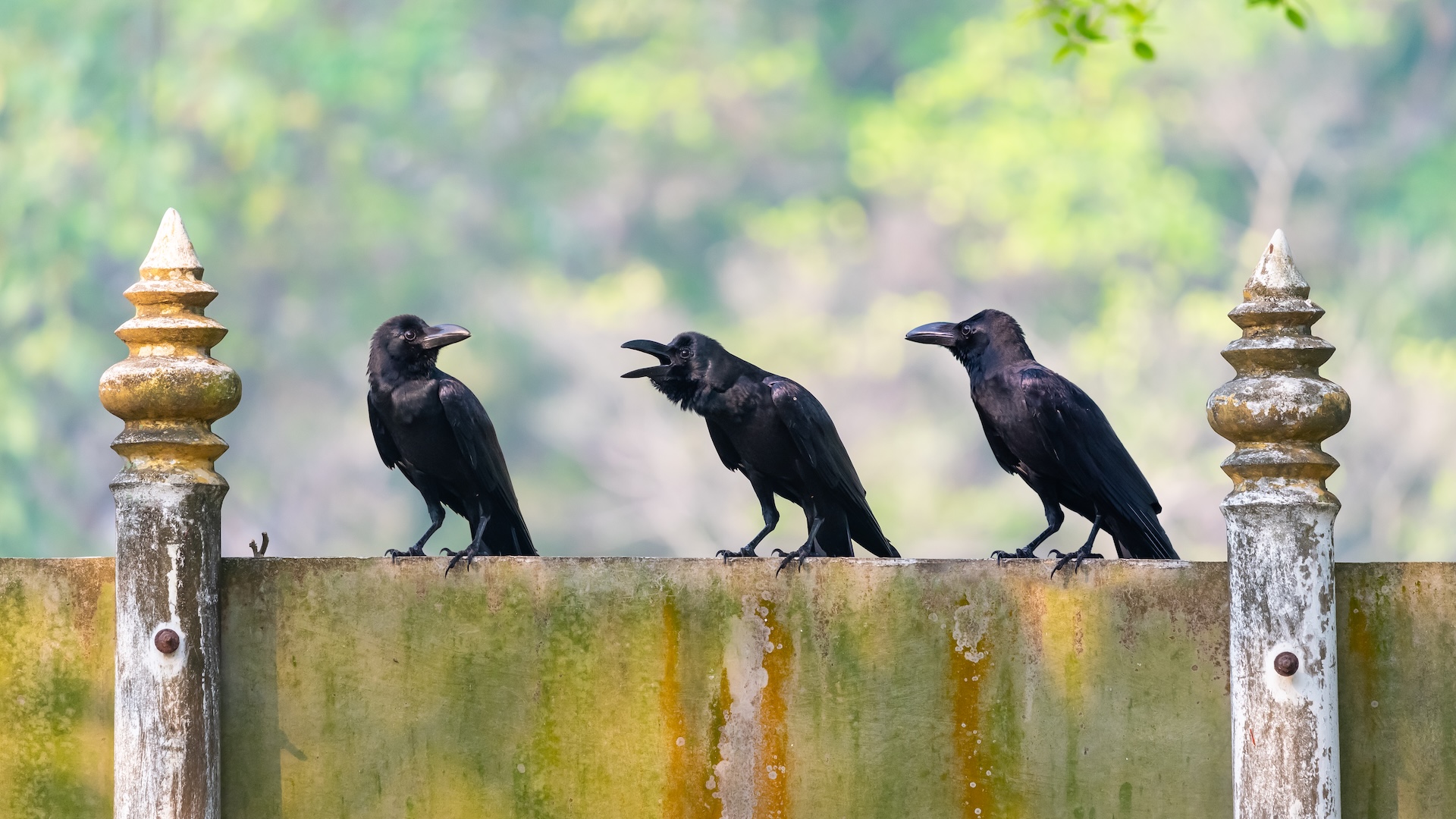
By Clarissa Brincat published
Many animals have a sense of quantity, but they don't count or do math the way humans do.

By Ben Biggs last updated
Looking to inspire the next generation of curious minds? These are our picks of the best popular science books for children of all ages.
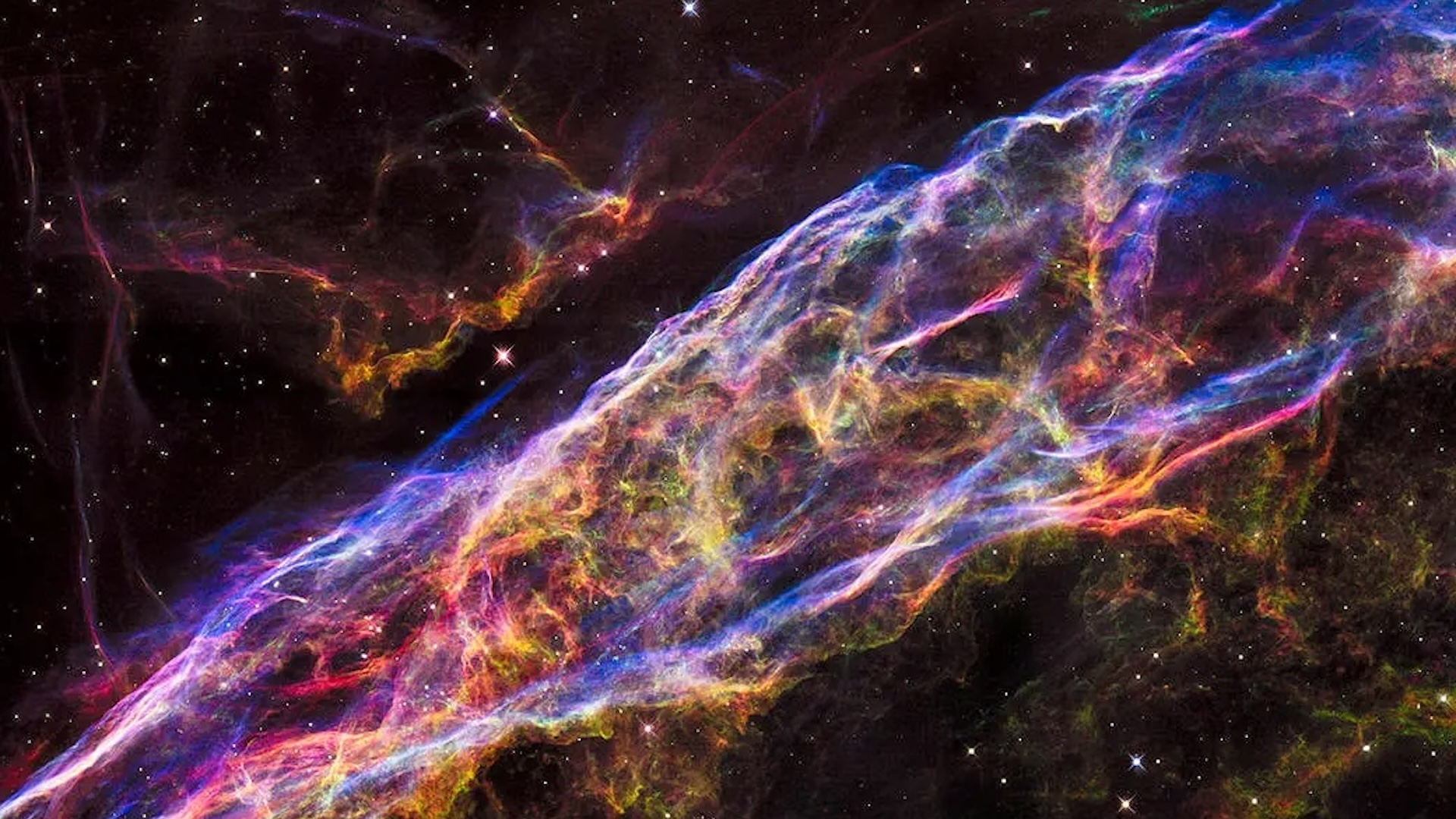
By Stephen L. Levy published
Almost everything on Earth is made up of atoms, but where do these fundamental building blocks come from?

By Joanna Thompson published
A fiery letter written by Albert Einstein in 1954 is going to auction. The letter details Einstein's thoughts on his part in developing atomic weapons, and hails Mahatma Gandhi as a political genius.

By Ben Turner published
The new super-strong copper alloy can be used to build better airplanes and spacecraft.

By Joanne Lewsley, Anna Gora last updated
Buying Guide These are the best electric toothbrushes you can buy in every category, from Oral-B Genius X and Bitvae R2 to Waterpik Complete Care 9.0.
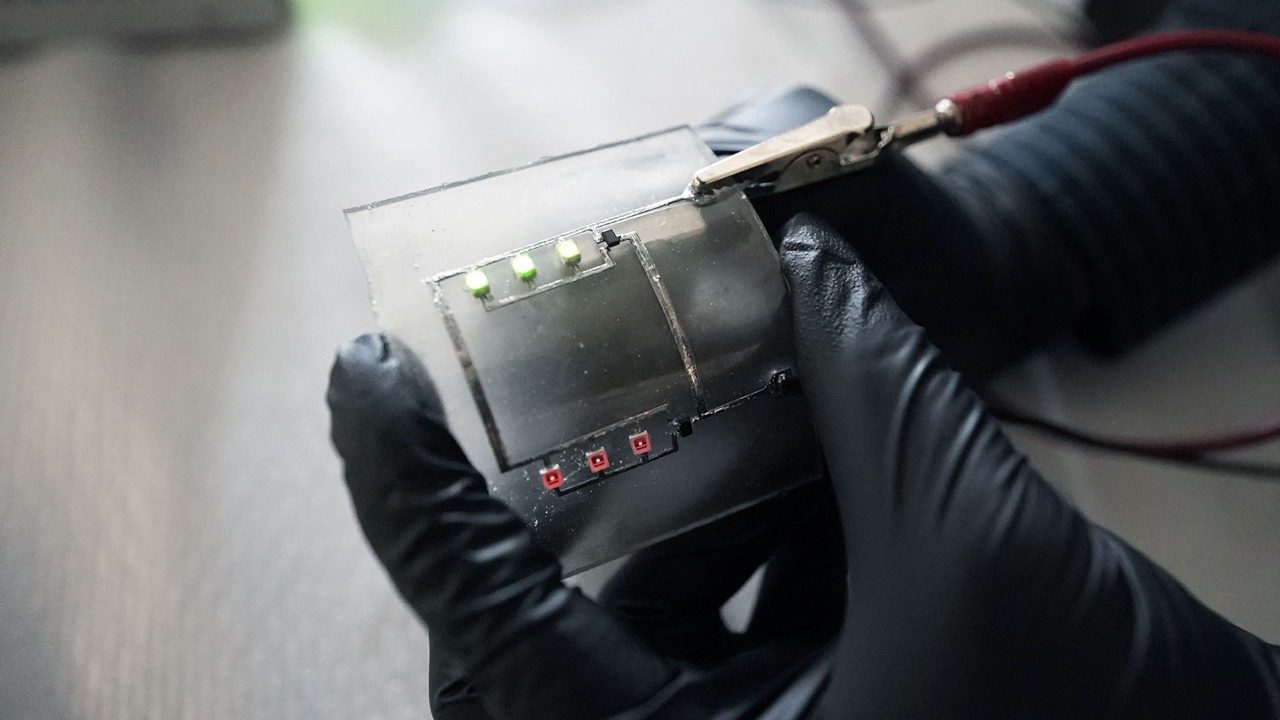
By Alan Bradley published
New recyclable electronics could be critical to curbing e-waste, scientists argue, especially because these circuit boards can be repaired or reconfigured by simply applying heat.
Please login or signup to comment
Please wait...